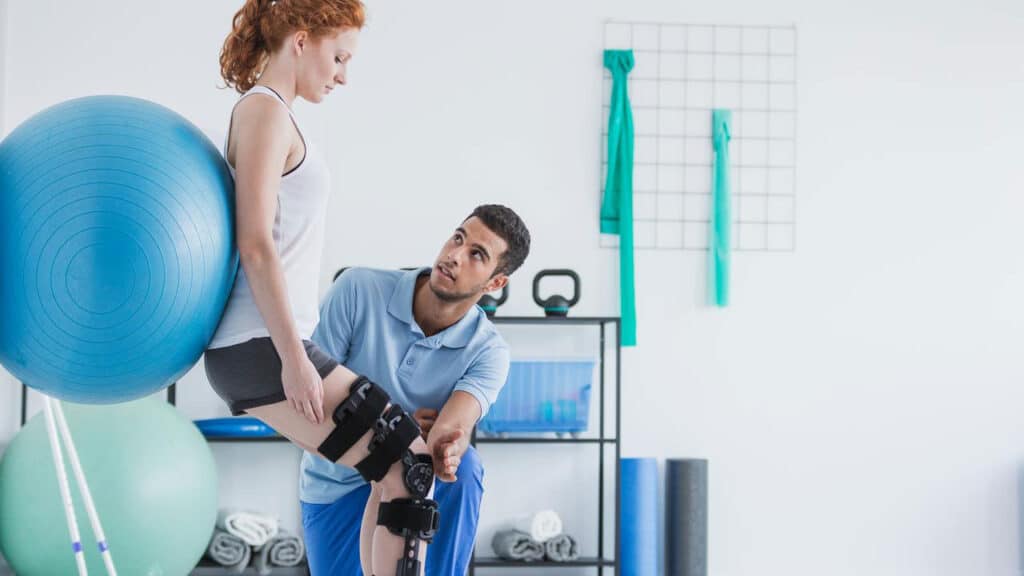What actually happens to your body when you exercise? What tiny, invisible changes are happening through every single cell? We can see when muscles grow and feel when our breathing improves, but for a full understanding of just how complex exercise’s impact can be, you need physiology.
Physiology is a subdiscipline of biology that looks at the mechanics of a living body and all its different functions. Exercise physiology is specifically about how the human body changes in response to exercise, looking at various aspects of your muscles, brain and cardiovascular system. It may also evaluate how exercise impacts the progression of any disease you may acquire.
It was in 1922 when British physiologist Arthur Hill and German physician Otto Meyerhof were both awarded a Nobel prize for related discoveries on oxygen use during exercise and how it affected lactic acid (the thing that causes muscles to burn when you’ve been working out). That marked a big step in the development of exercise physiology as a field.
Subjects like how the body consumes and expends energy are important topics in the world of the exercise physiologist. A lot of their work relates to the body’s metabolism, the chemical reactions that control energy conversion and how we process food into different nutrients (without which we cannot exercise). Without metabolism, the body can’t grow and change, no matter how hard you work it in your exercise session.
Oxygen, glucose, dehydration, heat, fatigue and pain are all topics that exercise physiologists may want to explore. Which chemicals increase and which ones decrease when we exercise? How do different body types respond? How might this relate to other conditions, such as diabetes?
The impact of exercise physiology is a broad one. It can help us make exercise more effective, developing techniques that work better and present less risk of injury. It can identify the individual variations that make responses to exercise so different, allowing for better tailored programs that are personalized to someone’s specific needs and situation.
Training to become an exercise physiologist can be challenging, but accredited experts have an invaluable role to play in understanding exercise better and even improving it. And if you’re not a science-minded person yourself, at least be aware of this complicated field and be willing to listen to its evidence. It could help you with your own exercise routine.




